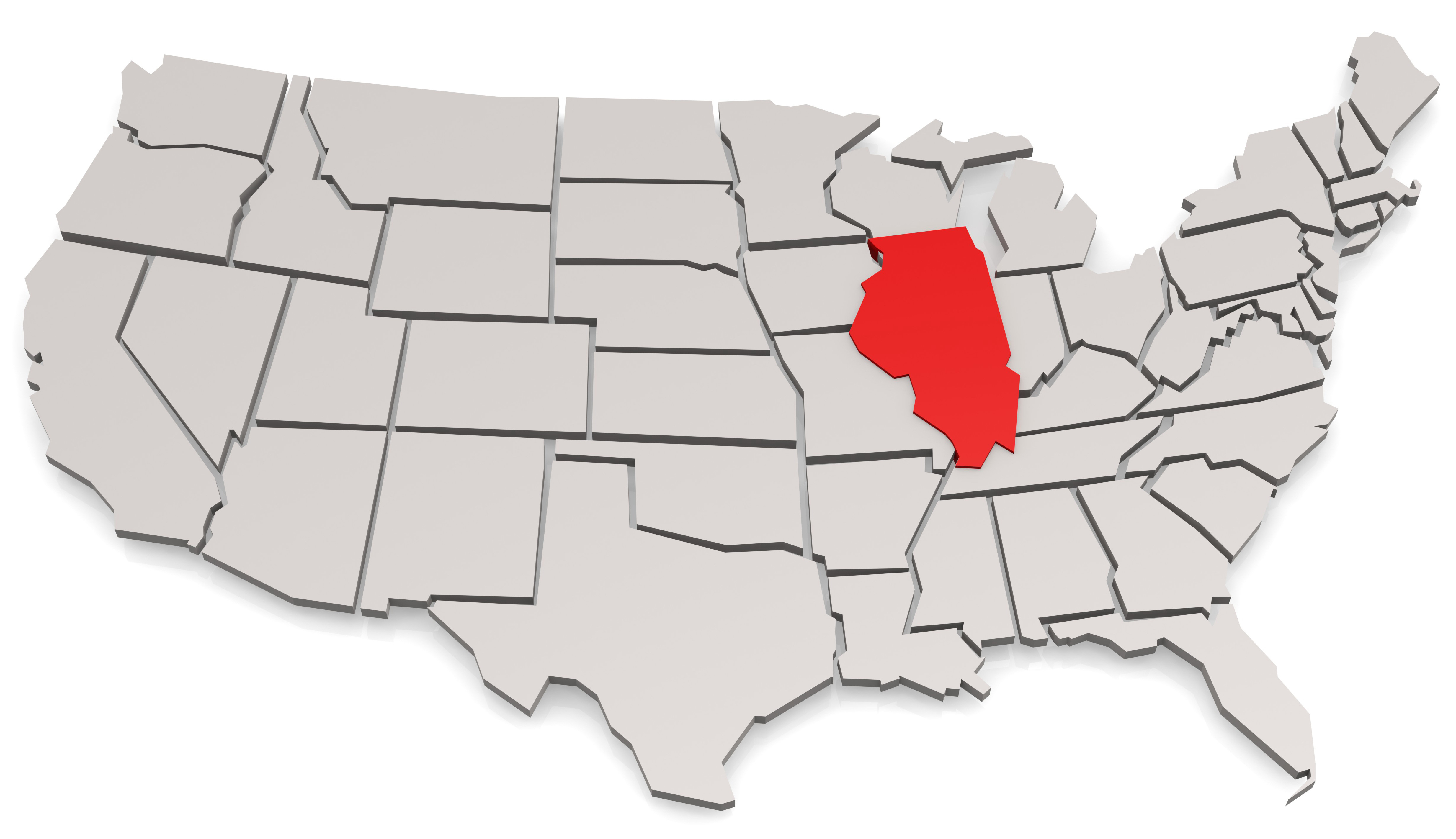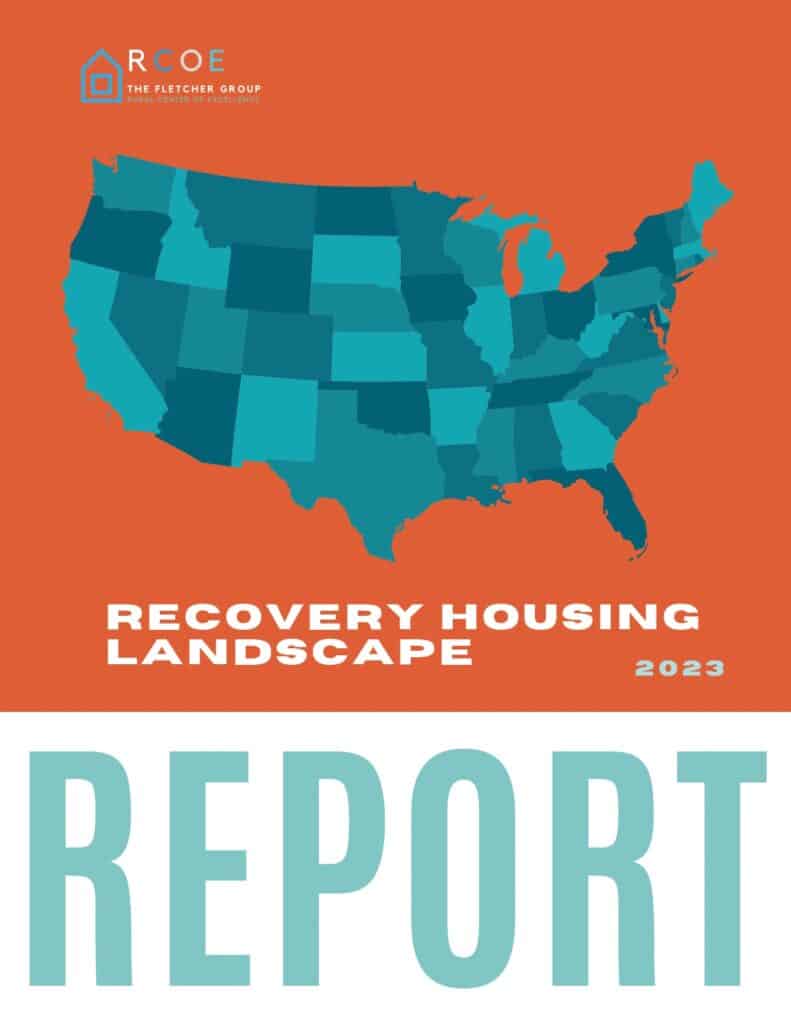
Illinois State Laws, Policies and Funding
RH terminology used by the Illinois Department of Human Services (IDHS) “Recovery Residences” is the umbrella term that includes a range of residences to support those in recovery from substance use, including recovery homes, Oxford Houses, and sober living homes. While all recovery residences support people in recovery they may vary in the level and structure of services offered, supervision provided and whether or not entities are licensed by the state.”
“Recovery Home: Facility licensed by SUPR to provide an alcohol and drug-free living environment for persons in early recovery from substance use, or individuals who recently completed substance use treatment at another licensed facility. Their rules, peer-led groups, staff activities and/or other structured operations are directed toward ongoing recovery.”
“Sober Living Home: Non-licensed, alcohol and drug-free living environments for individuals attempting to maintain abstinence from alcohol and drugs.”
https://www.dhs.state.il.us/page.aspx?item=115597
Accreditation, Certification, and State Licensing Requirement: No state requirement.
RH Law(s): Public Act 100-1062 (2018) Requires the Department of Human Services to develop and maintain an online registry for recovery residences that operate in Illinois to serve as a referral resource for individuals seeking continued recovery assistance. Define “recovery residence” to mean a sober, safe, and healthy living environment that promotes recovery from alcohol and other drug use and associated problems. Provides that registrants are encouraged to seek national accreditation from any entity that has developed uniform State or national standards for recovery residences.
https://www.ilga.gov/legislation/billstatus.asp?DocNum=5288&GAID=14&GA=100&DocTypeID=HB&LegID=111012&SessionID=91&SpecSess=
RH Legislation: None/unknown
Regulations: Section 2060.509 – Recovery Homes (2003)
SABG Program: The “Planned Priority Areas” documents for your state’s Substance Abuse Prevention and Treatment Block Grant (SABG) program and Community Mental Health Services Block Grant (MHBG) program do not specifically mention recovery housing as a priority, nor do they list recovery support services as an allowable activity. To learn more about specific recovery housing activities that are eligible for funding through these grant programs, please reach out to your state’s Single State Agency (SSA) that’s responsible for administering these funds by visiting https://www.dhs.state.il.us/page.aspx?item=29759
According to WebBGAS, this state has indicated that it has established a revolving loan fund using SABG funds to develop RH for individuals in recovery.
SOR Program: Your state’s Department of Health and Social Services (DHSS) has previously funded recovery activities using State Opioid Response (SOR) funds. To learn more about specific recovery housing activities that are eligible for funding through this grant program, please reach out to your state’s Single State Agency (SSA) that’s responsible for administering these funds by visiting https://www.dhs.state.il.us/page.aspx?item=29759
Medicaid Funding: Nothing in the state Medicaid plan suggests direct support for RH, however, certain covered activities could evolve to be provided in RH settings include counseling, supported employment, case management, and peer support.
NARR Affiliate Status: Yes, Illinois Association of Extended Care (IAEC)
Housing Assistance Funding: https://www.ihda.org/developers/developer-resource-center/
Directory/Registry:
Certified Recovery Residences
https://www.iaecrecoveryillinois.org/iaec-certified-recovery-residences
https://www.dhs.state.il.us/page.aspx?item=115597
Illinois Funders
Taylorville Memorial Foundation
The Taylorville Memorial Foundation was established in 1991 when the Taylorville Memorial Hospital created a Fund Development Program and began operations in 1995. The Foundation is based in Taylorville, Illinois.
Regions: The Taylorville Memorial Foundation serves rural Christian County in Illinois.
Issues Supported: The Foundation supports the health needs of Christian County by funding community hospital operations, new healthcare programs, and new medical equipment.
Grant Process and Application: Contact the Taylorville Memorial Foundation by phone at 217-707-5271 to find out more about the grantmaking program and application process.
Grant-Making Per Year: In 2020, the Taylorville Memorial Hospital Foundation provided grants in the amount of $231,000.
Recovery and Supportive Housing Grantee Example: In 2021, the Taylorville Memorial Foundation gave a $30,000 grant to Living Recovery Residencies, which provides recovery housing for individuals struggling with substance use. disorders Living Recovery Residencies serves the people of rural Christian County, in Illinois.
Illinois Opioid Settlement Funds
Total Settlement Funds in Illinois
- $760 million
Fund Distribution
- 55% to Illinois Remediation Fund
- 20% to the state
- 15% to the LG Recovery Fund for townships and municipalities
- 10% to the LG Recovery Fund for counties
Timeline
- Funds from three distributors will be paid over 18 years
- Funds from Johnson & Johnson will be paid over 9 years
- Payments were expected to begin in April 2022
Application Process
- Not established
Key Contacts
- Attorney General Kwame Raoul, contact form
Key Links
- Illinois Opioid Allocation Agreement
How About Your County?
To get a quick overview of the resources available in your county, including gaps that may need to be addressed, visit the Recovery Ecosystem Index Map developed through a partnership between the Fletcher Group Rural Center of Excellence, the NORC Walsh Center at the University of Chicago, and East Tennessee State University.
Need More Info?

A year in the making by a staff of ten, the Fletcher Group’s 82-page Recovery Housing Landscape Report provides an in-depth overview of the most recent laws, policies, and funding affecting recovery housing. You’ll find sections devoted to state laws, SAMHSA funding, Medicaid, corrections, and housing assistance plus numerous links to valuable resources and official documents. To see the complete downloadable report, click the image to the left.
This web page is supported by the Health Resources and Services Administration (HRSA) of the U.S. Department of Health and Human Services (HHS) as part of an award totaling $13.7 million with 0% financed with non-governmental sources. The contents are those of the author(s) and do not necessarily represent the official views of, nor an endorsement, by HRSA, HHS, or the U.S. Government.